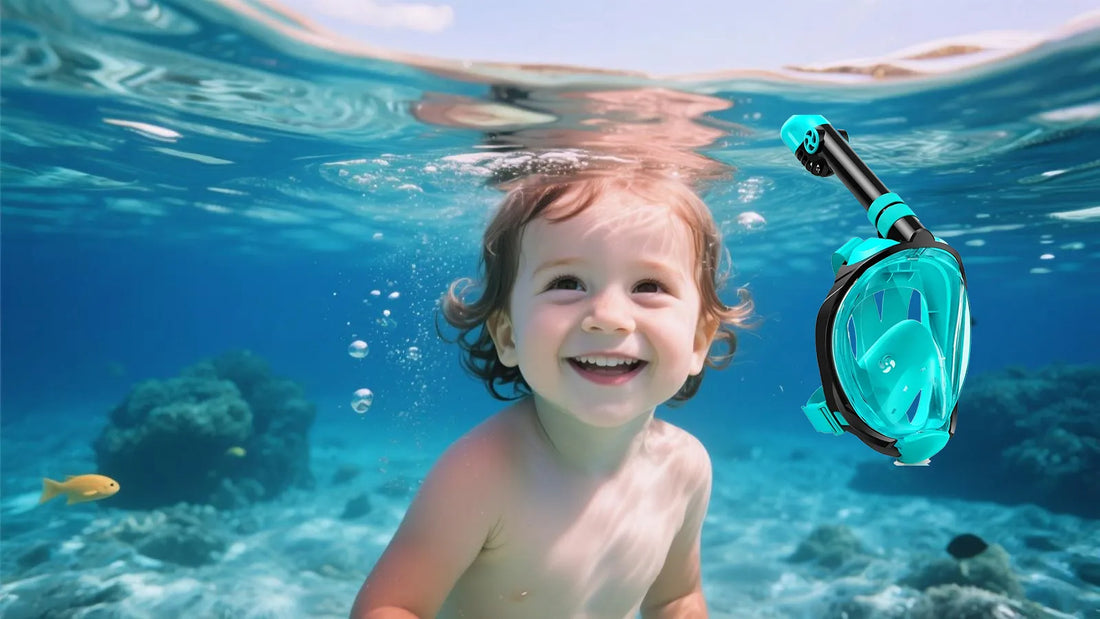Scuba diving is an exhilarating activity that allows you to explore the wonders of the underwater world. But before you dive in, you might be wondering: do you need scuba diving certification? The answer isn't as straightforward as you might think. While some destinations and dive operators allow uncertified divers to participate in introductory dives, certification is essential for most scuba diving experiences. Let's dive deeper into why certification matters and what it entails.
What Is Scuba Diving Certification?
Scuba diving certification is a formal recognition that you have completed the necessary training to dive safely. It involves both theoretical knowledge and practical skills, ensuring you understand the basics of diving, equipment usage, and emergency procedures. Certification is typically issued by recognized diving organizations after completing a course that includes classroom sessions, confined water training, and open water dives.
Why Is Certification Important?
Certification is crucial for several reasons. First and foremost, it ensures your safety and the safety of those around you. Diving without proper training can be dangerous, as it involves understanding how to manage air supply, handle underwater emergencies, and navigate different environments. Additionally, most dive operators and resorts require certification to participate in dives, as it demonstrates your competence and reduces their liability.
Can You Dive Without Certification?
In some cases, you can dive without certification through programs like discover scuba diving or introductory dives. These experiences are supervised by professionals and allow you to explore shallow waters under close guidance. However, these dives are limited in depth and scope, and they don't provide the same level of freedom or access as certified diving. If you're serious about exploring the underwater world, certification is the way to go.
Benefits of Getting Certified
Getting certified opens up a world of opportunities. Certified divers can explore deeper dive sites, participate in advanced diving activities like night diving or wreck diving, and even travel to remote destinations that require certification. Certification also builds your confidence and skills, making diving a more enjoyable and rewarding experience. Plus, it's a great way to connect with a community of like-minded adventurers.
How to Get Certified
The certification process typically involves three main components: knowledge development, confined water training, and open water dives. You'll start by learning the basics of diving theory, including physics, physiology, and safety protocols. Next, you'll practice essential skills in a controlled environment like a pool. Finally, you'll complete a series of open water dives to demonstrate your abilities. Once you've completed these steps, you'll receive your certification card, which is valid for life.
Choosing the Right Certification Course
There are several certification agencies to choose from, each offering slightly different courses and specialties. When selecting a course, consider factors like the instructor's experience, the course structure, and the location. Look for a program that fits your schedule and learning style, and don't hesitate to ask questions before enrolling. Remember, the goal is to gain the skills and confidence you need to dive safely and enjoyably.
Common Misconceptions About Certification
Many people assume that scuba diving certification is expensive, time-consuming, or only for experienced divers. In reality, certification courses are designed to be accessible to beginners, and many programs can be completed in just a few days. While there is a cost involved, it's a worthwhile investment in your safety and enjoyment. Additionally, certification isn't just for young or athletic individuals—divers of all ages and fitness levels can become certified.
Maintaining Your Certification
Once you're certified, it's important to keep your skills sharp. Regular diving practice helps you stay comfortable and confident underwater. If you haven't dived in a while, consider taking a refresher course to review essential skills and safety procedures. Staying active in the diving community and continuing your education with advanced courses can also enhance your experience and open up new opportunities.
The Environmental Impact of Diving
As a certified diver, you have a responsibility to protect the underwater environment. Many certification courses include training on eco-friendly diving practices, such as avoiding contact with marine life, minimizing your carbon footprint, and participating in conservation efforts. By diving responsibly, you can help preserve the beauty and biodiversity of the oceans for future generations.
Is Certification Worth It?
Absolutely. Scuba diving certification is more than just a piece of paper—it's a gateway to unforgettable adventures and a lifelong passion. Whether you're exploring coral reefs, diving with sharks, or discovering sunken shipwrecks, certification ensures you have the skills and knowledge to dive safely and responsibly. So, if you're ready to take the plunge, getting certified is the first step toward an incredible journey.
Scuba diving certification isn't just a requirement—it's an opportunity to unlock the full potential of your underwater adventures. From ensuring your safety to expanding your diving horizons, certification offers countless benefits. So, the next time you ask yourself, do you need scuba diving certification? remember that it's not just about meeting a requirement; it's about embracing a new world of possibilities. Dive in, get certified, and start exploring the wonders beneath the waves.

